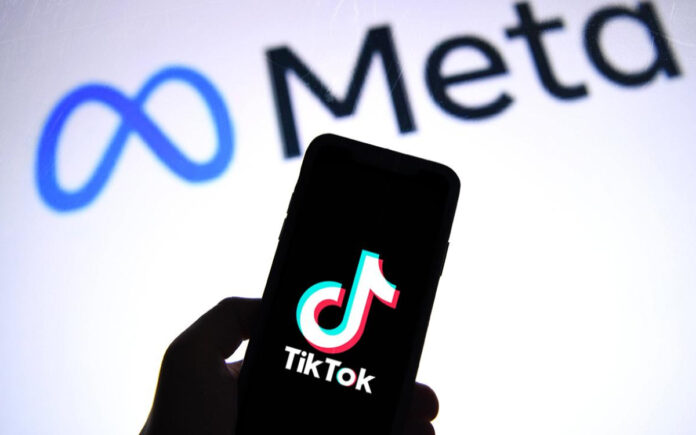Kuala Lumpur: Malaysia is intensifying its efforts to combat cybercrime by seeking stronger commitments from social media platforms to address issues such as scams, cyberbullying, and child pornography. Communications Minister Fahmi Fadzil emphasized the government’s determination to curb harmful online content in a recent statement.
Earlier this year, Malaysia reported a significant rise in harmful social media content and has called on major social media companies—including Meta, the parent company of Facebook, and the short video platform TikTok—to enhance their monitoring practices. In the first quarter of 2024 alone, the government referred 51,638 cases to social media platforms for further action, a sharp increase from the 42,904 cases recorded throughout 2023, according to Malaysian authorities.
Minister Fahmi Fadzil revealed that directives have been issued to social media companies, urging them to address the government’s concerns about cybercrime and harmful content. “There are platforms that are more willing to cooperate (with the government) and there are those whose cooperation isn’t satisfactory,” he stated during a regular media briefing on Wednesday.
Also Read | Elon Musk’s Starlink Brings Crucial Internet Access to Gaza Hospital with UAE and Israel’s Support
According to Fahmi, Meta has shown the highest compliance rate with the government’s requests to remove harmful content, with Facebook at 85%, Instagram at 88%, and WhatsApp at 79%. In comparison, TikTok, owned by China’s ByteDance, had a compliance rate of 76%, Telegram stood at 65%, and X (formerly Twitter) lagged at 25%. Fahmi did not disclose the specific methodology used to determine these compliance rates.
Requests for comments from Meta, X, TikTok, and Telegram have yet to be addressed.
Also Read | Mykolaiv’s Path to Recovery: Mayor Sienkevych’s Vision for the Future
Fahmi noted that while Malaysia’s communications regulator can flag content that violates local laws, the decision to remove content based on platform-specific community guidelines remains with the social media companies. Malaysian authorities classify online gambling, scams, child pornography, grooming, cyberbullying, and content related to race, religion, and royalty as harmful.
Data from the first half of 2023 indicates that Meta and TikTok restricted a record number of posts and accounts in Malaysia, highlighting the ongoing challenges in managing online content.



